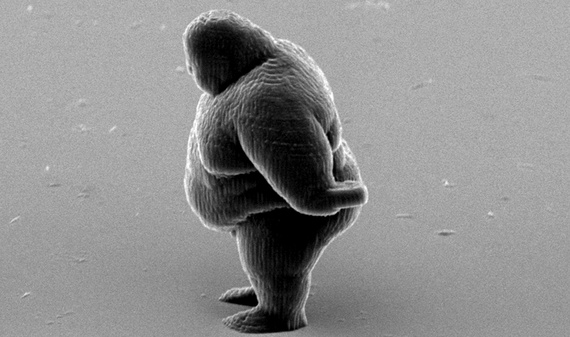Obesity, Not Old People, Is Making Healthcare Expensive
-
Obesity, Not Old People, Is Making Healthcare Expensive
A new report in the Journal of the American Medical Association clarifies some misconceptions about our medical system.
Olga Khazan Nov 14 2013, 8:30 AM ET

Since 1900, the average American lifespan has increased by 30 years, or by 62 percent. That nugget comes near the beginning of a new report taking stock of the U.S. healthcare system, published in the Journal of the American Medical Association this week, and it’s also pretty much the last piece of good news in it.
The study authors—a combination of experts from Alerion Advisors, Johns Hopkins University, the University of Rochester, and the Boston Consulting Group—take a point-by-point look at why healthcare costs so much, why our outcomes are comparatively poor, and what accounts for the growth in medical expenditures.
In the process, they brought to light a number of surprising realities that debunk popular misconceptions about health spending.
Here are some of the juiciest:
The aging population doesn't account for most medical spending.
Actually, chronic diseases, such as heart disease and diabetes, among people younger than 65 drive two-thirds of medical spending. About 85 percent of medical costs are spent on people younger than 65, though people do spend more on healthcare as they age.
“Between 2000 and 2011, increase in price (particularly of drugs, medical devices, and hospital care), not intensity of service or demographic change, produced most of the increase in health’s share of GDP,” the authors write.
The costliest disease with the fastest growth rate was hyperlipidemia—high cholesterol and triglycerides—for which spending grew by 14.4 percent annually between 2000 and 2010.